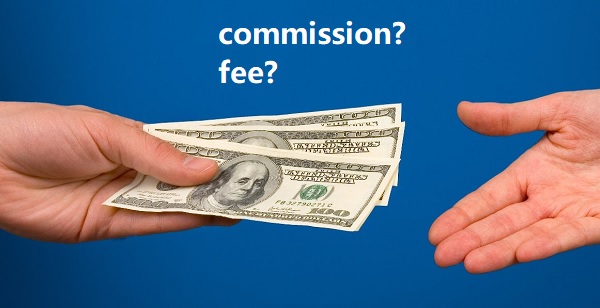
Understanding the fees and commissions charged by money changers is crucial to getting the best value when exchanging currency. Money changers may impose various types of fees and commissions, and it's important to be aware of them before completing a currency exchange. Here are the key fees and commissions to understand:
Exchange Rate Margin (Markup):
Money changers typically offer exchange rates that are slightly less favorable than the mid-market rate, which is the real exchange rate that banks use for international transactions. The difference between the mid-market rate and the rate offered by the money changer is their profit margin or markup. This is a standard way for money changers to earn a profit.
Service Fee or Commission:
Some money changers charge a fixed service fee or commission for currency exchange. This fee is added to the total cost of the exchange and is usually stated upfront. It's important to inquire about and understand this fee before completing the transaction.
Minimum Transaction Fee:
Money changers may have a minimum transaction fee, which means that if your currency exchange amount is below a certain threshold, you'll still be charged the minimum fee. For example, if the minimum fee is $5 and you're exchanging a small amount, you may pay $5 even if the percentage-based commission would be lower.
Percentage-Based Fee or Commission:
In addition to fixed service fees, some money changers may charge a percentage-based fee or commission. This fee is calculated as a percentage of the total amount exchanged. For example, if the fee is 1% and you exchange $1,000, you'd pay $10 as a commission.
Hidden Fees:
Some money changers may advertise favorable rates but have hidden fees that are not clearly disclosed upfront. These fees can include handling charges, processing fees, or other hidden costs. Always ask for a breakdown of all fees and charges associated with the exchange.
Dynamic Currency Conversion (DCC) Fee:
When using your credit or debit card for transactions in a foreign country, you may encounter DCC, which allows you to pay in your home currency rather than the local currency. This convenience often comes with unfavorable exchange rates and additional fees. Always opt to pay in the local currency to avoid DCC fees.
Additional Charges for Small Denominations:
Money changers may charge extra for exchanging small denomination bills or damaged or older banknotes. It's a good idea to check if there are any additional charges for the condition or denomination of your currency.
ATM Withdrawal Fees:
If you use an ATM to withdraw cash in a foreign country, your home bank and the local bank may impose fees for the withdrawal. Inquire about these fees before using ATMs for currency exchange.
To avoid surprises and ensure that you receive a fair exchange rate, it's essential to ask the money changer for a complete breakdown of all fees, commissions, and charges associated with the transaction. Additionally, compare rates and fees from multiple providers to find the best deal for your currency exchange needs.
